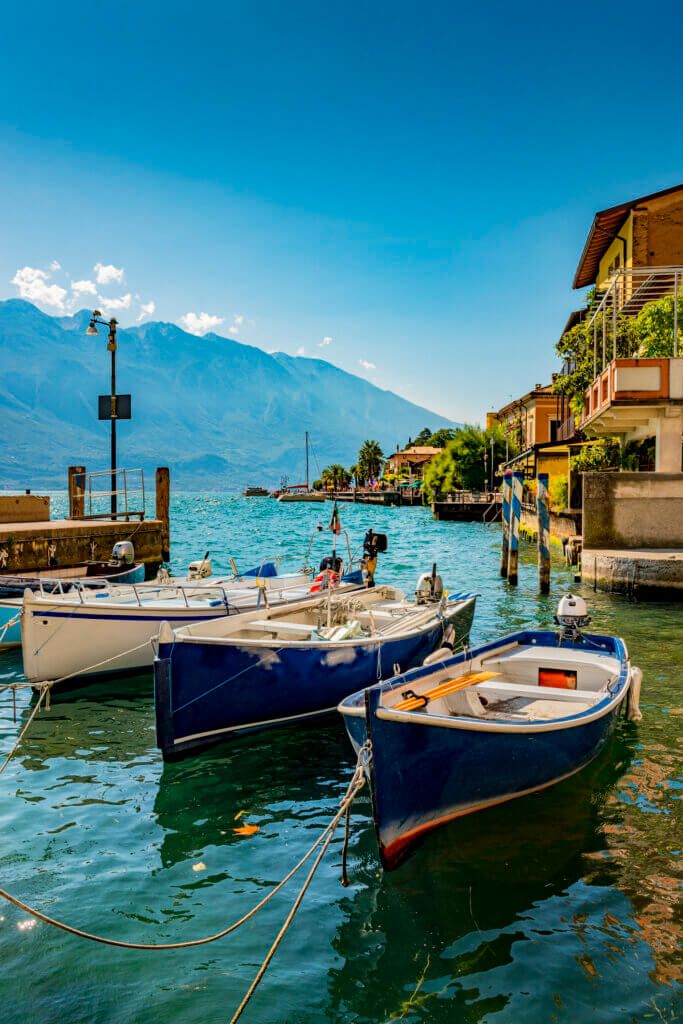Quick facts about e-invoicing in Italy
- Issuing e-invoices requires creation in a structured format and transmission is via the Sistema di Interscambio
- The Fattura PA – the tax authority’s XML schema format – is the required format for issuing e-invoices
- For B2B e-invoices, businesses can choose how to ensure the integrity and authenticity of invoices, but there is a strong market preference for Qualified Electronic Signatures. However, B2G e-invoices must be electronically signed.
- Exchange of National Health Service purchase orders is through the NSO platform and referenced accordingly in the e-invoice.
- E-archiving invoice requirements include the obligation to:
- Execute a signing and time stamping process for e-invoices in an archive
- Maintain a documented description of the archive and the archiving process (Manuale della Conservazione)
- Put in place a clear delegation plan setting up the responsibilities around the archiving process
- Since 1 July 2022, all cross-border transactions must be reported through the SdI in the FatturaPA format. Taxpayers can continue to exchange cross-border invoices in any agreed way.


